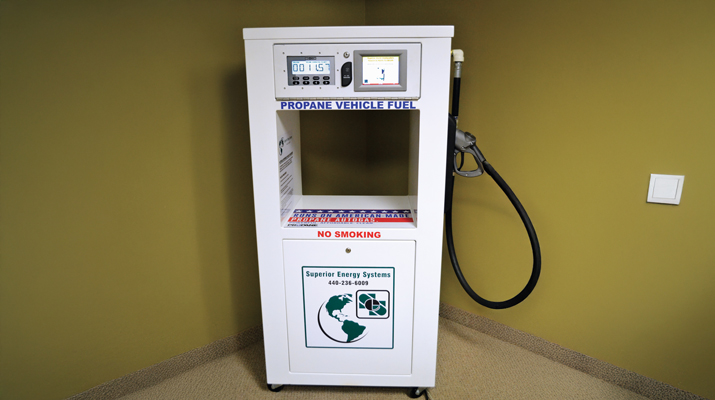Residential market share dwindling, but growth potential exists
Propane’s residential market loss is one of the most troubling issues the propane industry faces.
The American Petroleum Institute reports 2012 sales in the residential sector were 4.1 billion gallons. That’s a 30 percent decline since 2005.
The loss is not due to conservation alone. The industry is also losing customers. The number of households using propane as the primary source for space heating has declined 13 percent since 2006.
So, what are the reasons for the residential market’s decline? We can certainly look at electricity’s advantages: better appliances and the trend of more favorable Btu cost compared with propane. We also know about the housing slowdown that began in 2008.
But is residential market growth a priority for the propane industry? The case can be made that three key players – propane marketers, the Propane Education & Research Council (PERC) and state associations – have not made residential market growth a priority. And here are some reasons:
1. The propane marketer. Most marketers do not merchandise appliances. Most don’t have partnerships with homebuilders, remodelers, plumbers or HVAC contractors. Most marketers see their primary growth opportunity in taking competitors’ customers.
2. PERC. Looking at how PERC funds have been spent in recent years, the residential market has not been a priority. Allocation favoring the engine fuels market suggests PERC has missed the mark when it comes to putting resources where they’re needed. However, the council’s 2015 budget proposal looks to even out that spending – a welcome reprieve for the hard-hit residential segment.
It’s fair to say that virtually all marketers have a vested interest in the residential market. Conversely, very few are invested in the autogas market. The residential market is for all; autogas is not.
Also, marketers do not use PERC materials and tools for the residential market, according to a survey of National Propane Gas Association Benchmark Council members. PERC’s objective when developing tools and materials for the residential market should include the marketer’s understanding and use, not just the development of tools and materials.
3. State associations. Most state associations ignore residential market growth. The education curriculum of most state associations focuses on safety and the Certified Employee Training Program. Very little of the education agenda provides support to grow the residential market.
The recipe for residential market growth begins with the marketer’s decision to make growth a priority for the company. Everything hinges on marketers. PERC and state associations can’t do anything to grow the residential market without engaged marketers. In fact, the marketer’s lack of commitment to residential market growth is frustrating for state association executives and distributors.
To grow the residential market, marketers should make the market a strategic priority. This can require a major commitment in resources and time, but it’s necessary.
Marketers should create the capabilities needed to grow burner tips. Become the propane expert, advertise and market, sell to your existing customer base and learn propane’s benefits. And get to know and use PERC’s materials and tools designed for the residential markets.
Marketers should develop partnerships with homebuilders and remodelers, plumbers, HVAC contractors and hearth shops. If you are not in a position to be an appliance merchandiser, these partnerships will help fill the gap.
Lobby your state association to work with PERC, as well. Residential market growth should be an educational priority and when allocating state PERC funds.
The hard reality is that propane is losing to electricity. Plus, natural gas has its sights set on propane customers. If propane marketers collectively do nothing to compete in the residential market, we will continue to become an even smaller and less significant player in the energy industry.
Randy Doyle is CFO for Blossman Gas in Ocean Springs, Miss. He can be reached at rdoyle@blossmangas.com.
















